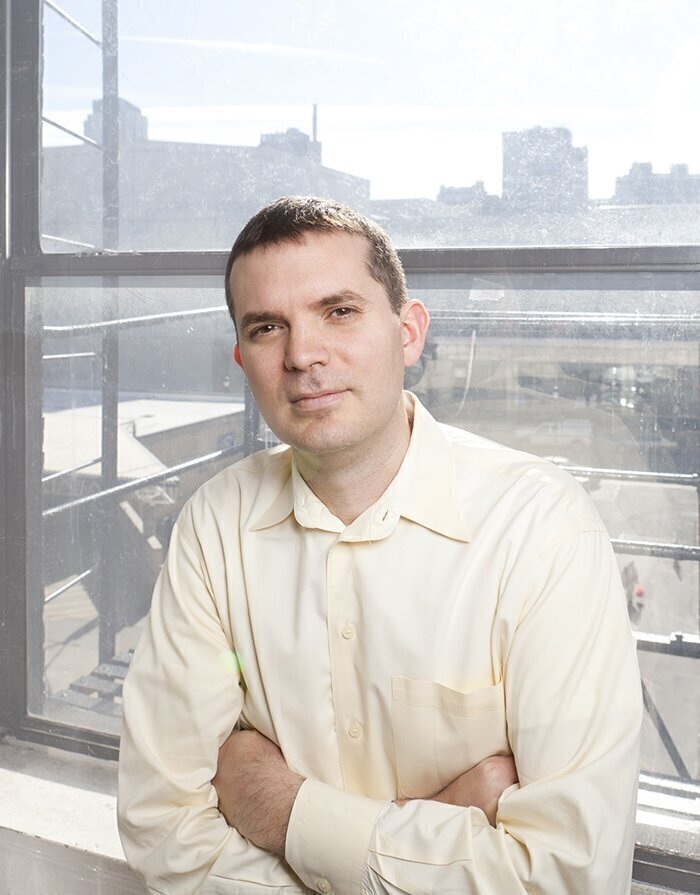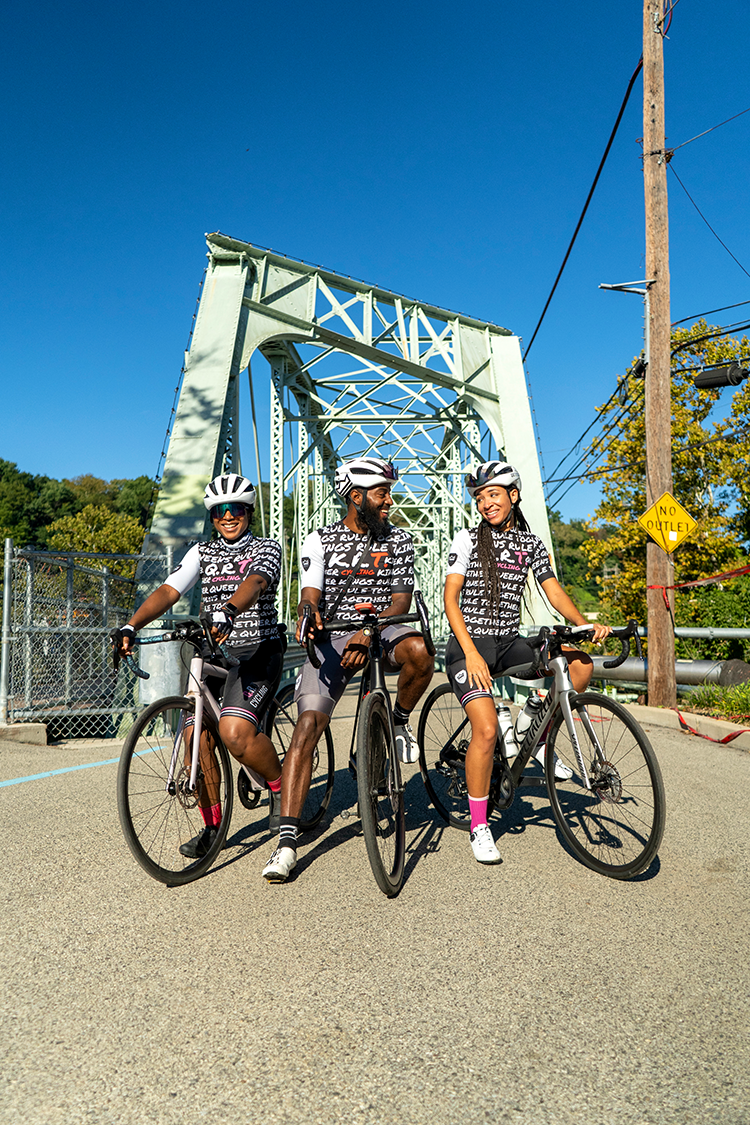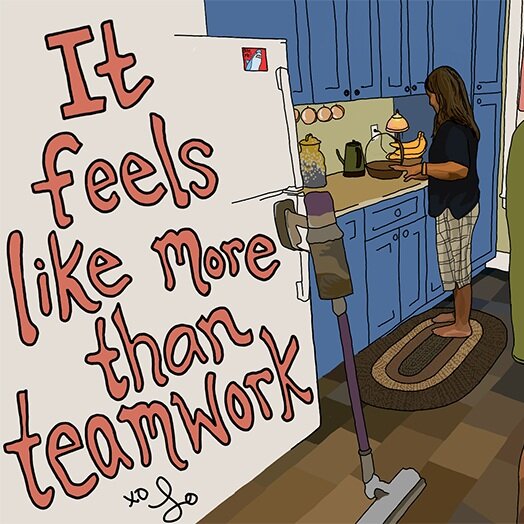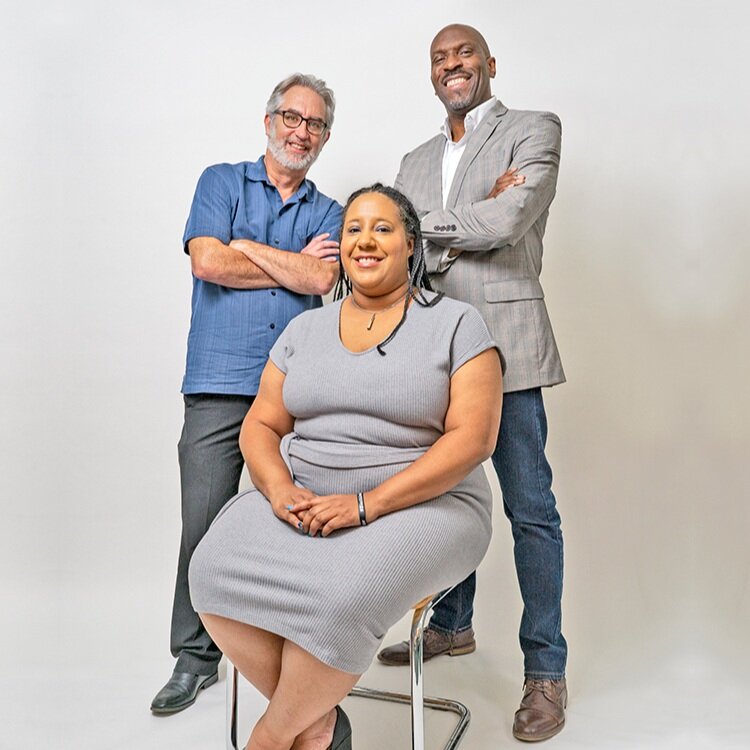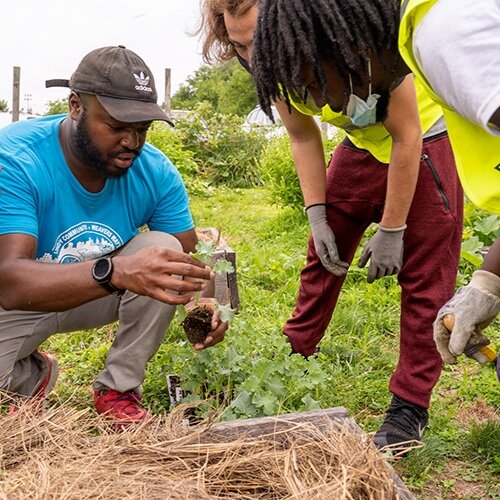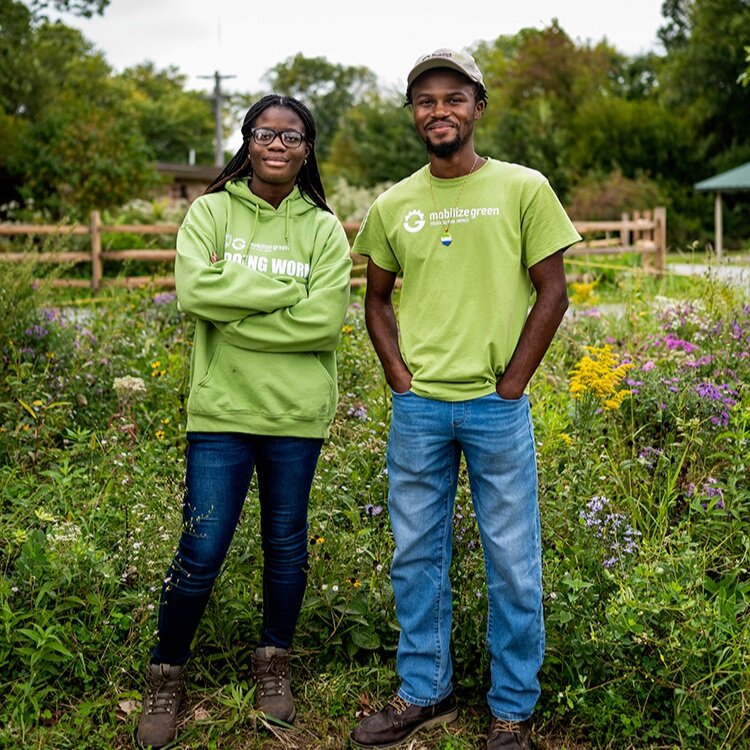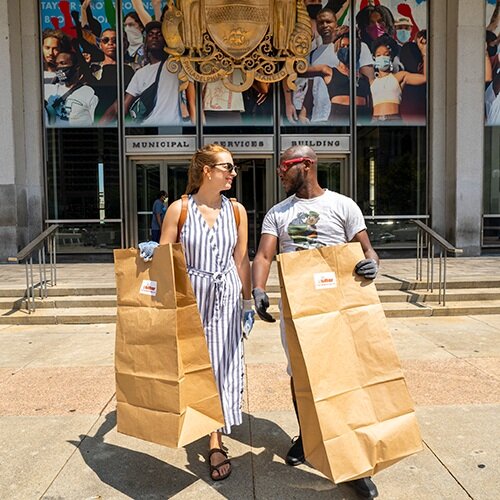I’m dying for a cup of coffee today. Not just a regular black cup, the kind I used to drink daily for decades. No, I want one of those towering concoctions with billowing clouds of milk and mountains of sugar that are topped off with swirls of whipped cream. A milkshake disguised as coffee. I’ve never actually had one, but our office is next door to a Dunkin’ Donuts and the larger-than-life posters displayed in their windows, coupled with years of ubiquitous marketing, have planted seeds in my mind that are now in full bloom.
I quit my routine of drinking coffee a few months ago because I was having stomach problems. Faced with a choice of taking medication everyday or changing my habits, I decided to kick my old habit. It’s largely worked out for me: my stomach is much improved and the frequency of my migraines has plummeted, a welcome, though unexpected, consequence.
Despite the positives of caffeine abstinence, I still (wrongly) think I can get away with a cup every once in a while, mostly when I’m feeling low energy. Today I’m groggy because last night I was at a concert hanging out with friends I hadn’t seen since the pandemic began. Now my mind is hazy, a liability when we’re on deadline, and I have an intern coming in who shouldn’t be greeted with a yawn. The Dunkin’ Donuts stick figure, effortlessly sprinting from task to task, comes to mind. America runs on Dunkin’—why shouldn’t I?
Feeling so sleepy and unmotivated is uncomfortable. When I indulge in some caffeine, the electric surge of adrenaline makes me feel indestructible. But after going without coffee for a while, it usually makes me feel agitated and even more prone to distraction. And then my stomach hurts. So it becomes a question of do I want to suffer now, or do I want to suffer later?
This is not only a question for a weak-bellied, middle-aged man with a low-grade caffeine addiction, but for our society at large grappling with climate change. What convenience or comfort are we willing to forgo to limit further climate change, and what are we willing to sacrifice in the name of resilience? For example, models predict that The Navy Yard is a likely casualty of sea level rise. We should be planning a sensible retreat from the area, but instead 109 more acres are being developed. That economic boom might feel good now, but …
In some ways, I’m fortunate that my body rebels quickly to a substance that it doesn’t like. The immediate negative feedback leaves no doubt about the consequences of my choices. Perhaps if a tornado ripped through our neighborhood every time we went on an international flight we would be less inclined to travel.
Thanks for bearing with me as I outlasted my compulsion to relapse. Maybe if I had given in and enjoyed one of those well-marketed coffees, I would have unlocked some highly-charged words of inspiration. We’ll never know.
I think that, on a personal level, my decision will make for a better tomorrow. At the very least, it makes for a more honest today.
Alex Mulcahy
Editor-in-Chief
alex@gridphilly.com

